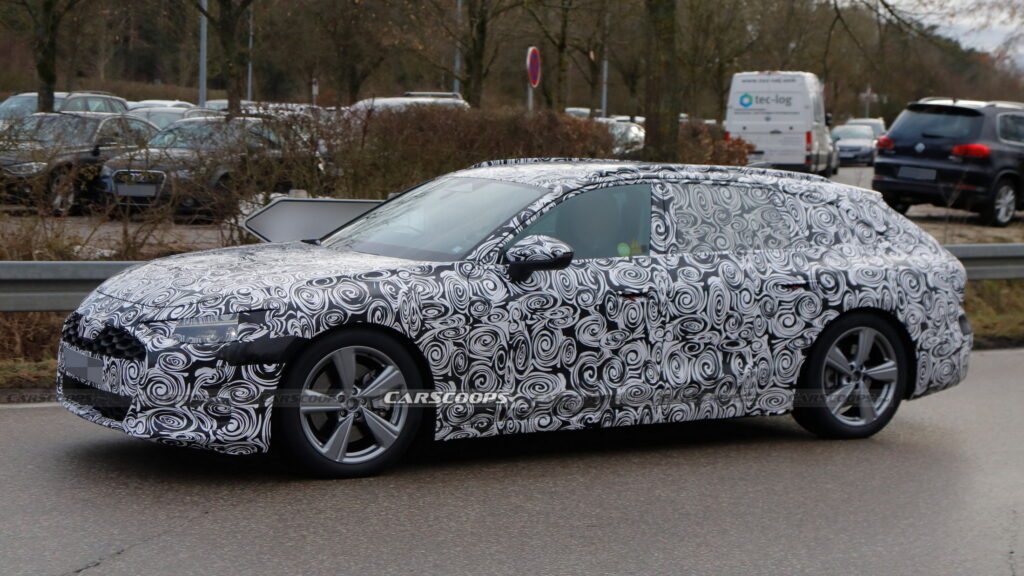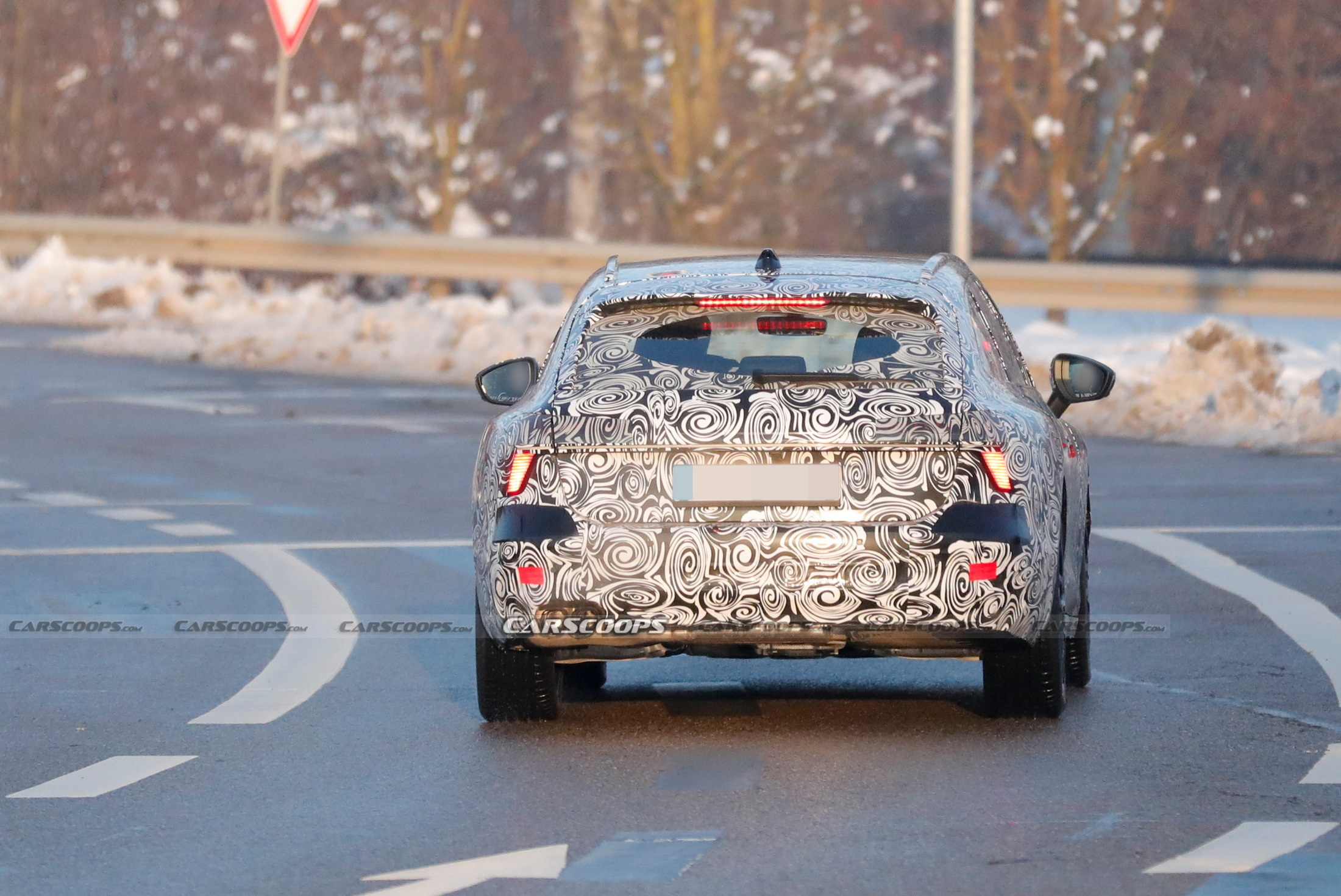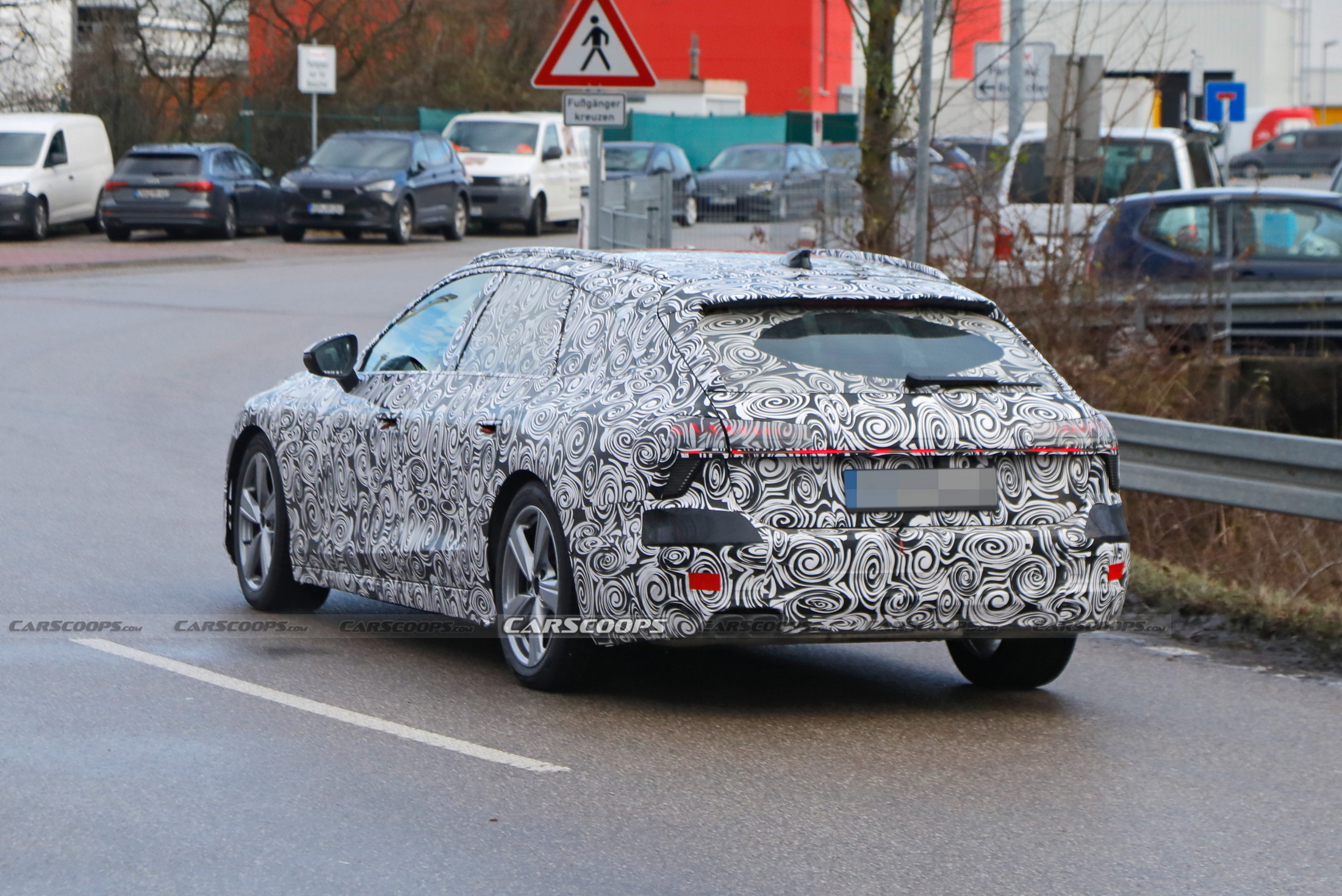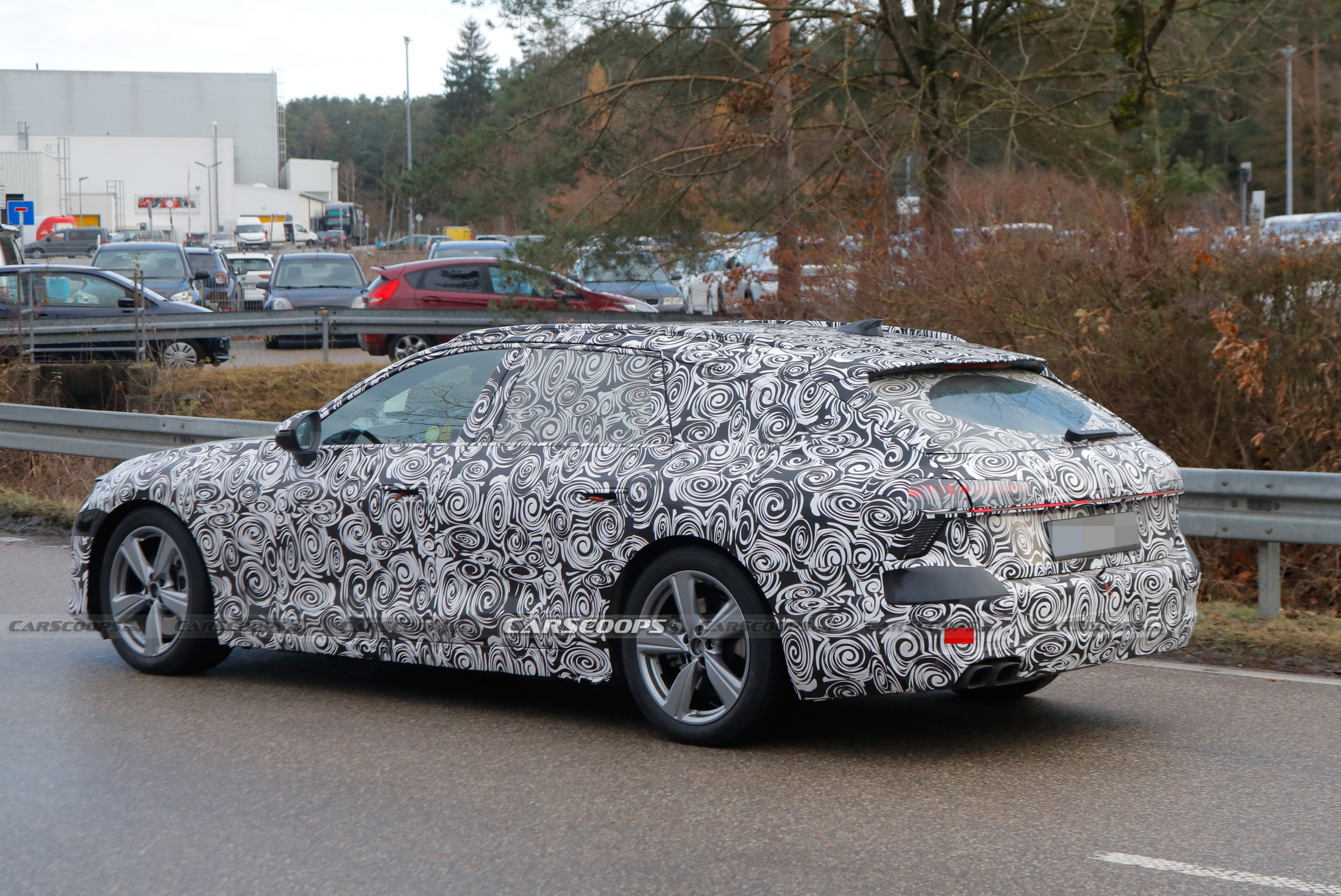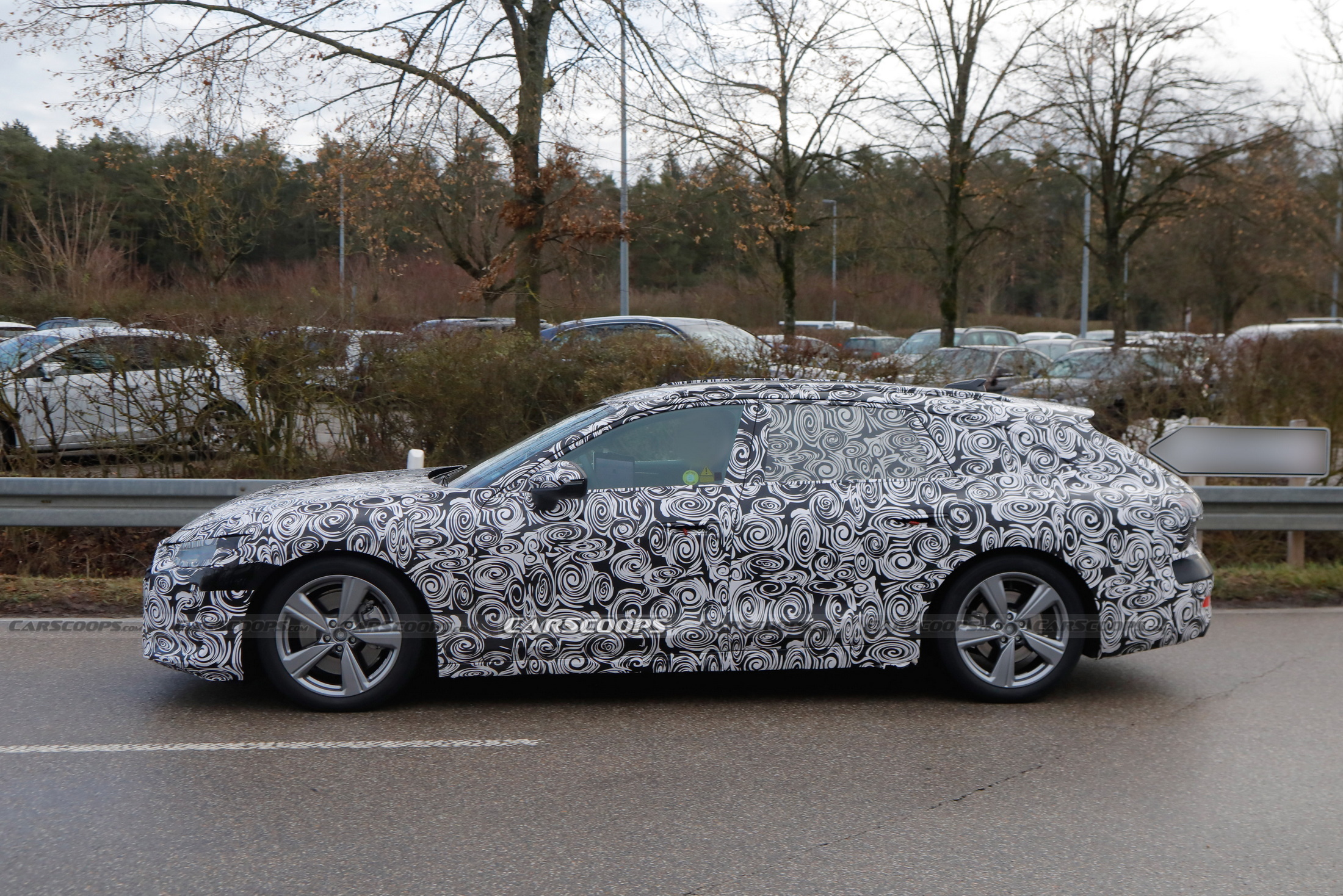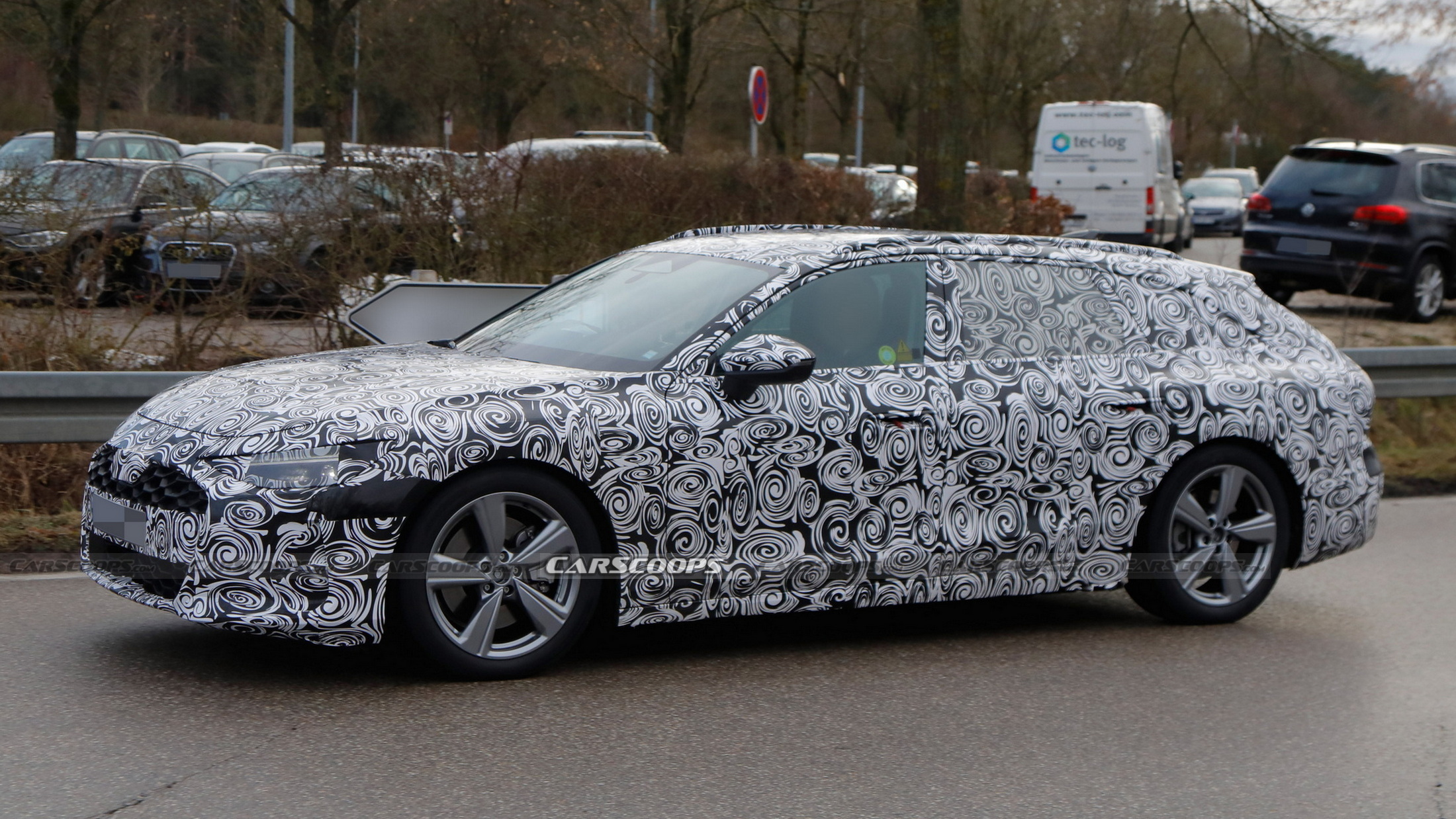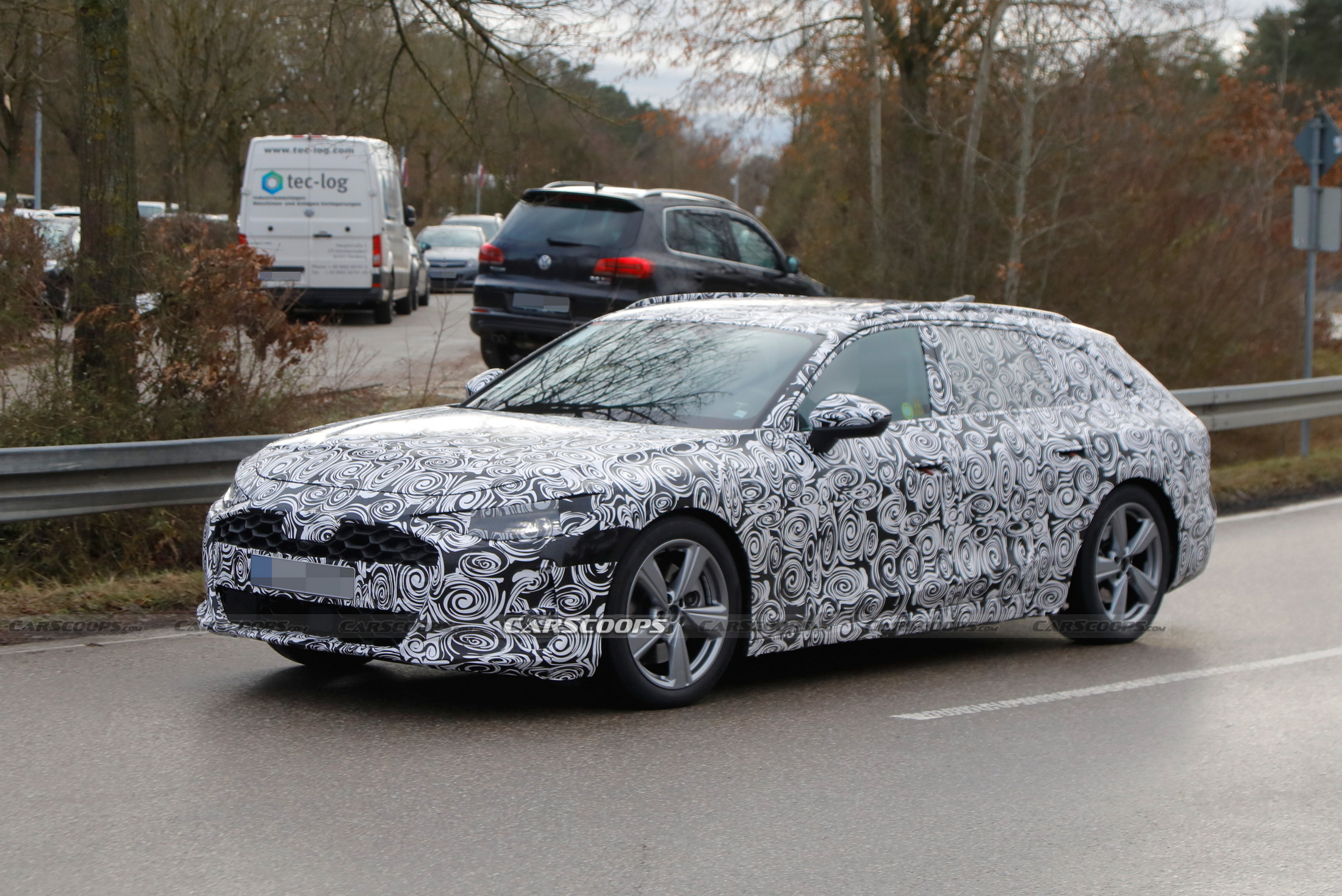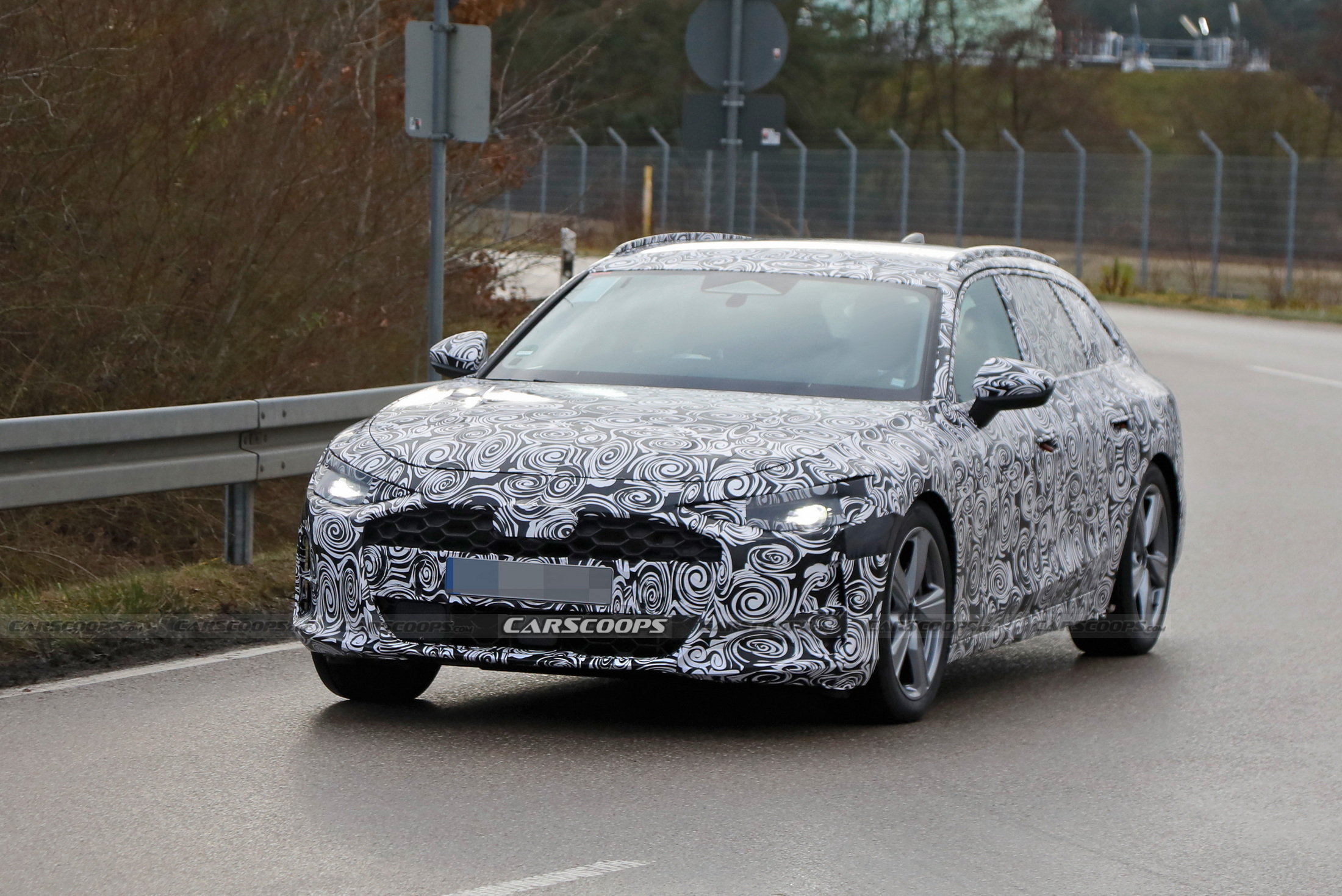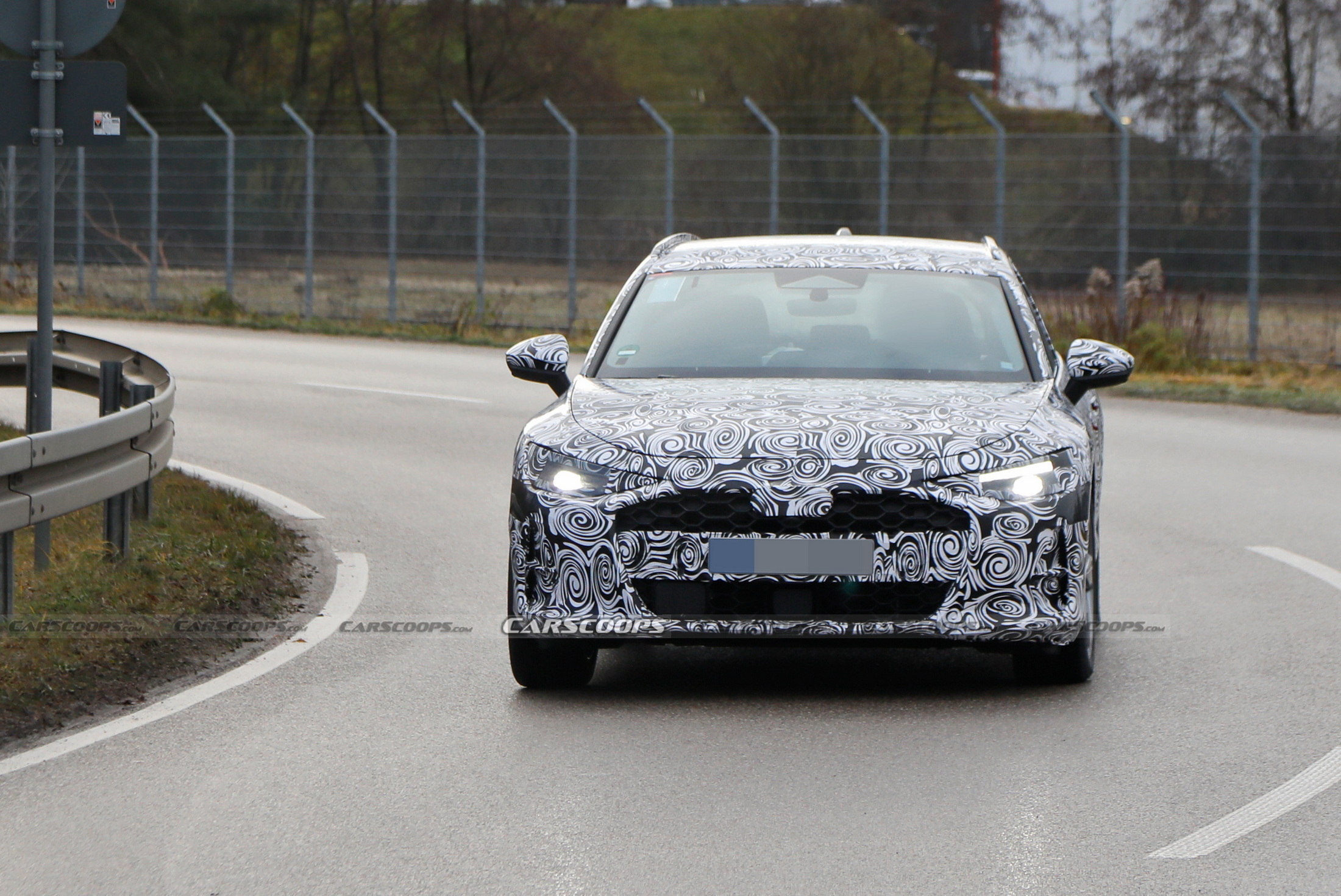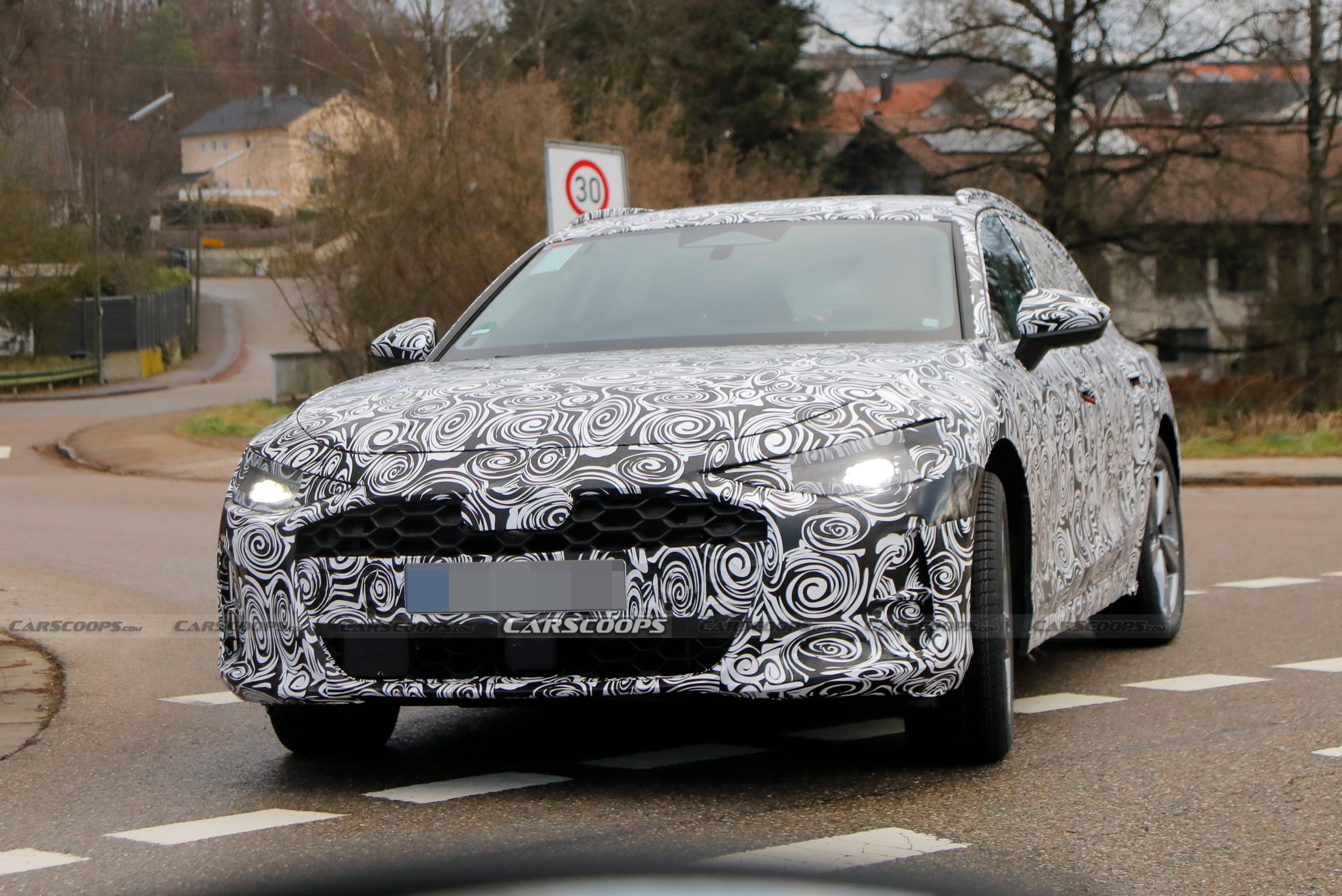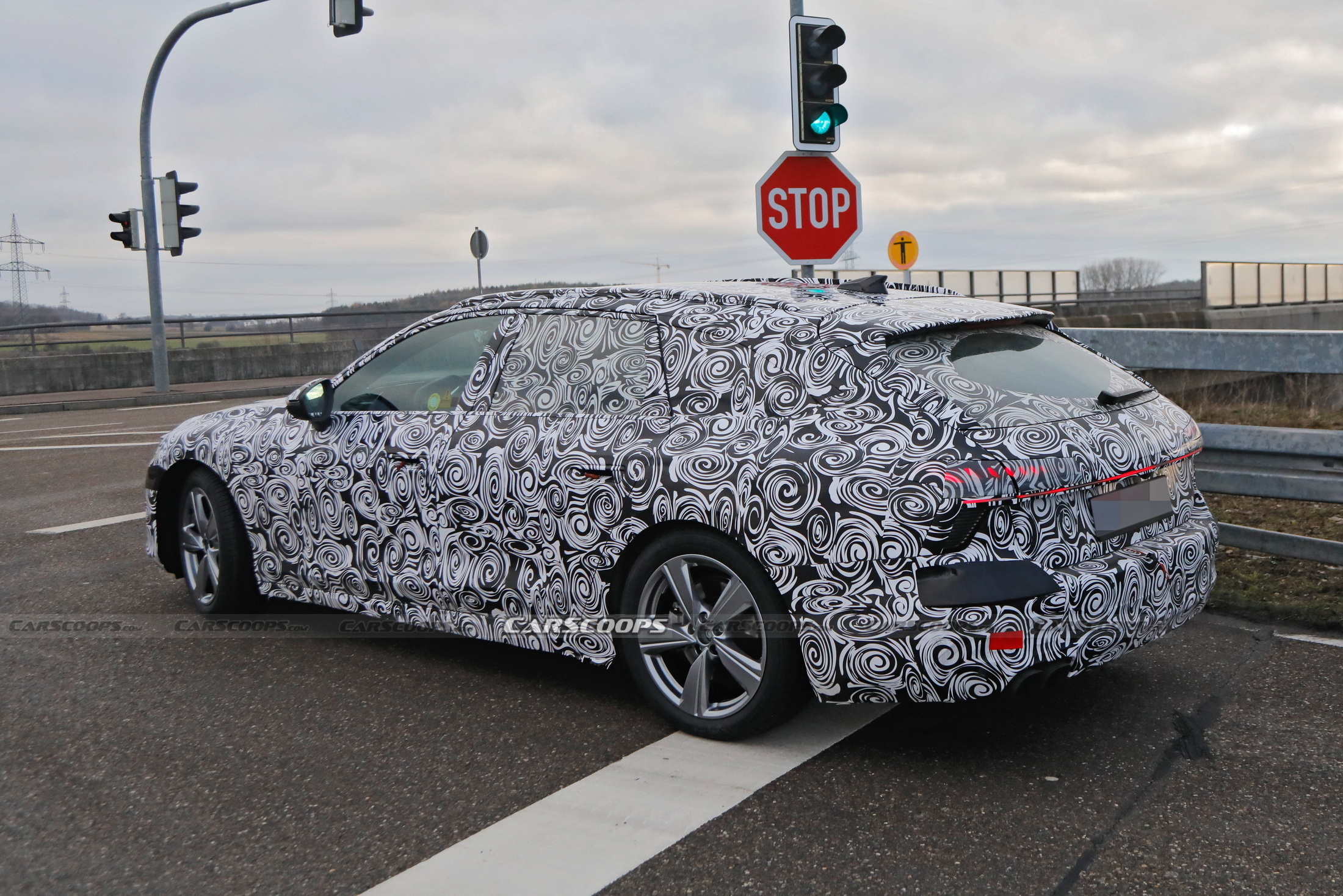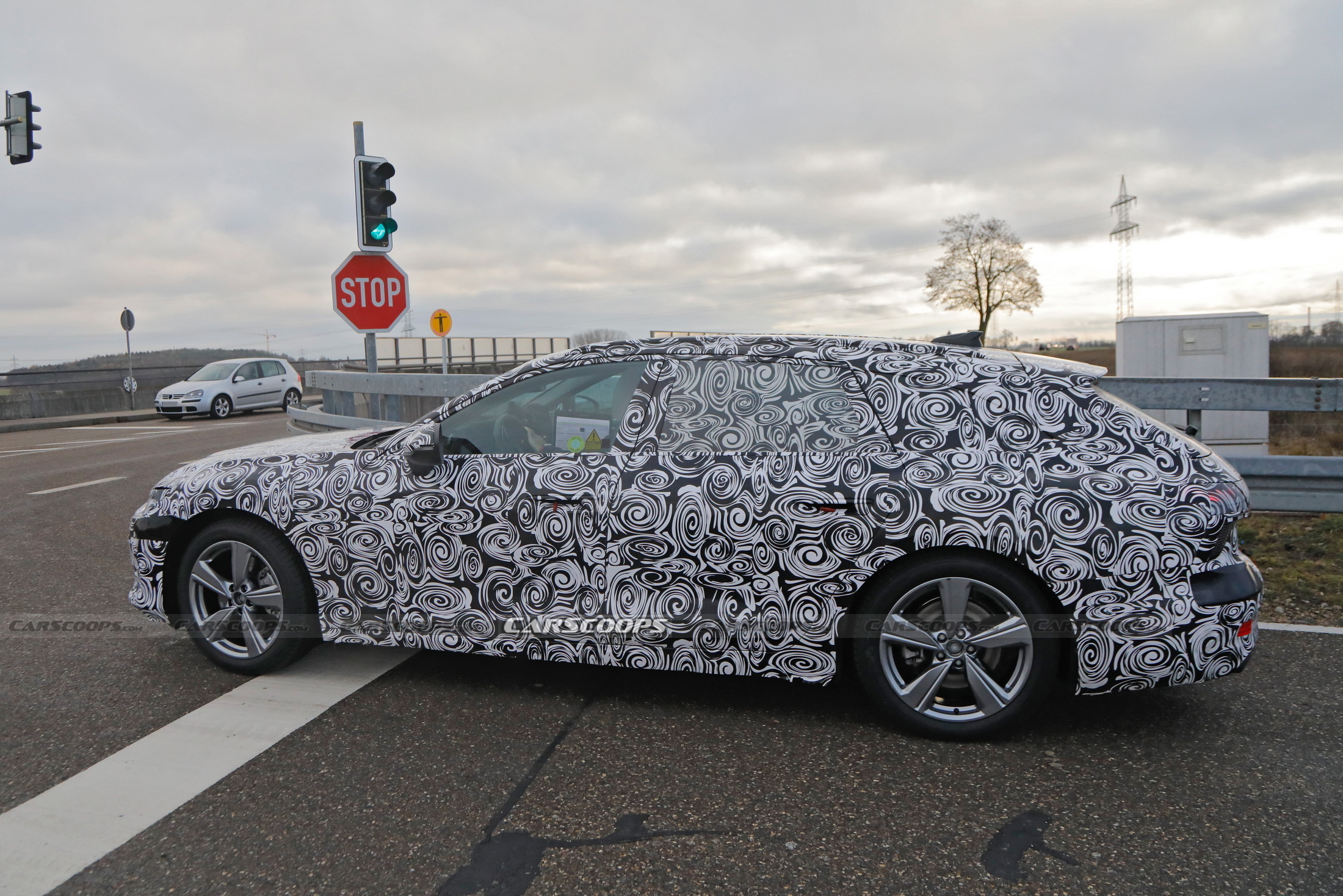Audi’s transition towards electrification brings about a shift in its vehicle naming strategy. While this may initially cause some confusion, it also brings a pleasant surprise in the form of a new wagon in the lineup: the A7 Avant.
We say “kind of” because enthusiasts familiar with Audi’s current lineup might question the need for an A7 Avant when the A6 Avant is already available. Well, this is more or less the A6 Avant, but that name will be used for the brand’s new electric wagon.
That’s because Audi is adjusting its vehicle naming scheme. The familiar letter-number format will persist, with “A” denoting cars and “Q” representing SUVs. However, they are introducing a new system where odd numbers will be used for internal combustion vehicles, while even numbers will be assigned to their electric counterparts.
Read: Audi Overhauling Naming Scheme With Odd Numbers For ICE, Even For EVs
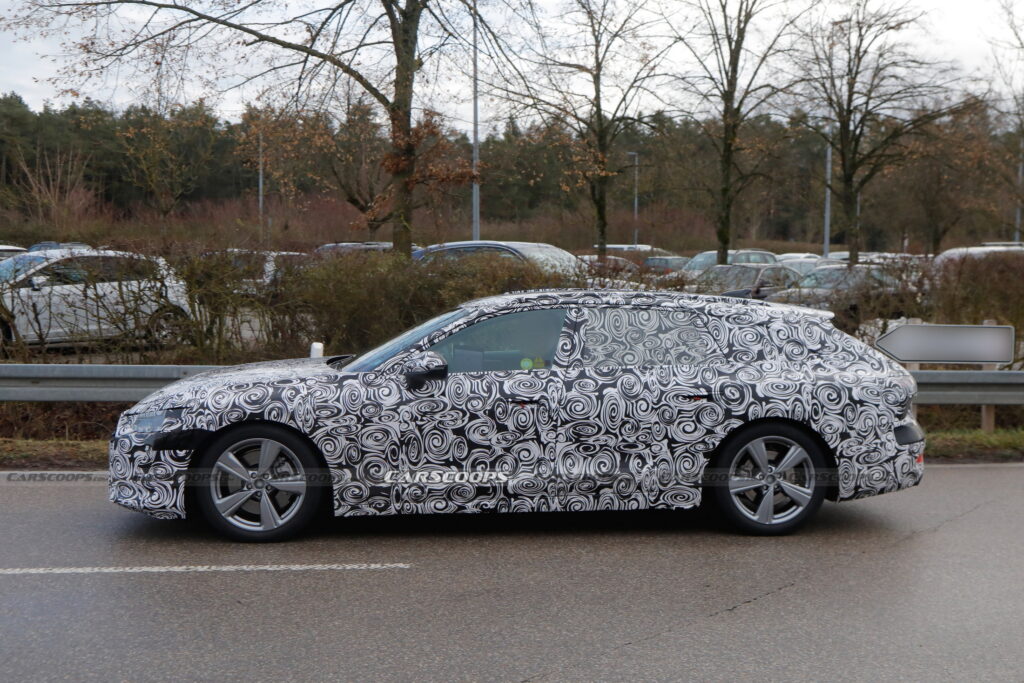
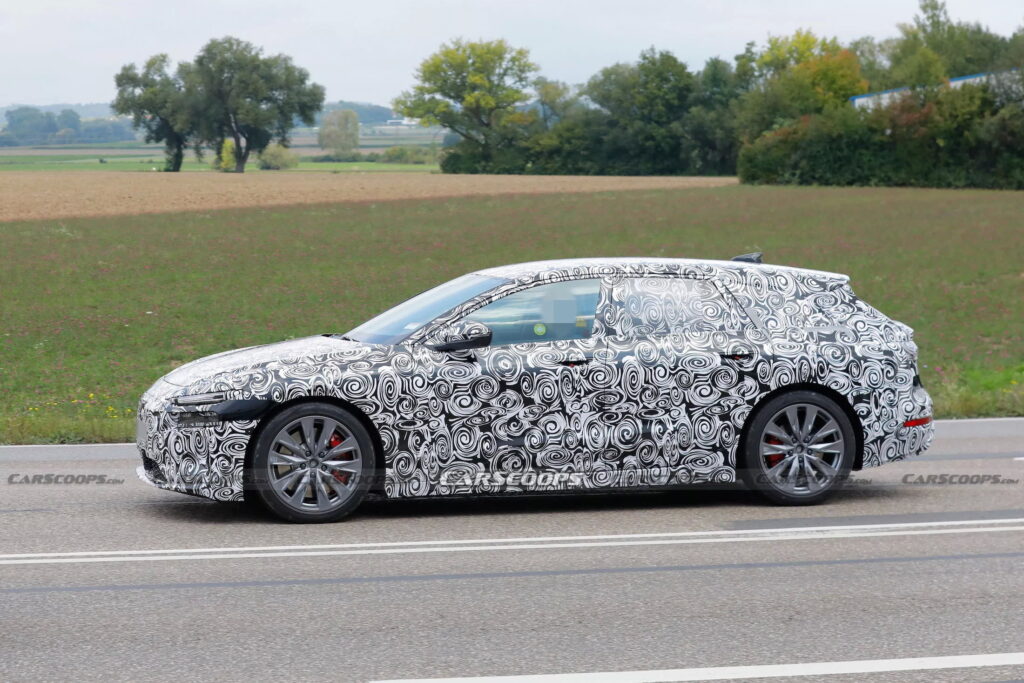
That’s why the A6 Avant will become an EV, and the internal combustion wagon will become the A7 Avant. And, since we’ve now seen both wagons in more or less the same camouflage, we can compare them.
As you might expect for two similarly-sized models from the same manufacturer, they don’t look too different. However, the tailgate section of A7 Avant appears to be a little more raked, perhaps to make it look more like the sleek “Sportback” A7.
It also has a more familiar (albeit slightly rounded) grille to feed cooling air into its engine, and its headlights look less futuristic than the A6 Avant’s. Interestingly, it’s the A7 Avant’s taillights that are the more advanced-looking. In addition to the piano-key-like elements near the top of the rear fascia, it also has vertical elements that slice down at either end.
The exact nature of the components connected to the visible tailpipes on the lower left bumper remains unclear. Nevertheless, it’s anticipated that various hybrid powertrains will be available. The high-performance RS7 is expected to feature a plug-in hybrid system sourced from Porsche, but it is not clear if the Avant will benefit from the same upgrades.
Production of the next-generation A7 is expected to commence in 2024, though the specific release date for the car has not been confirmed.




